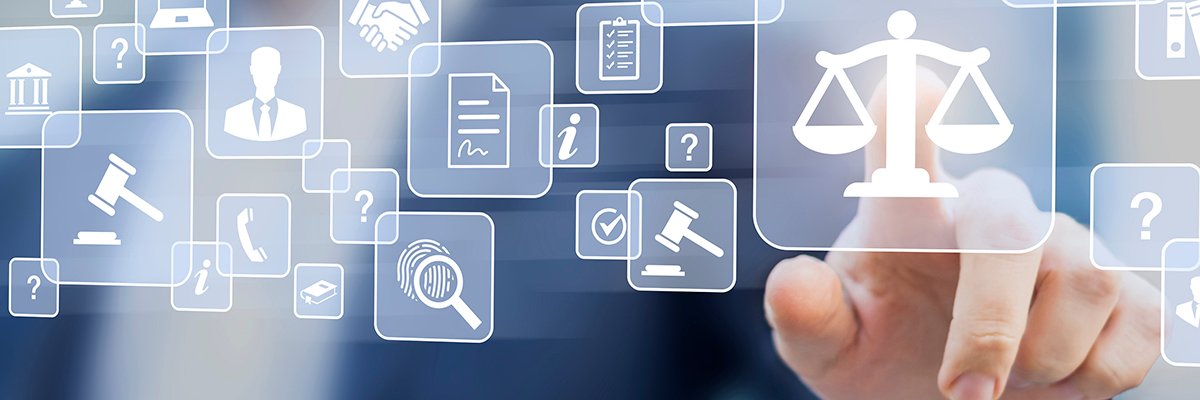AI and U.S. Copyright Law Clash: A Collision In the Making
The collision between AI innovators and U.S. copyright law is becoming more apparent as neither side has found a satisfactory solution to enable the progress of AI-generated products. Major companies have invested heavily in AI technology, opening up new business opportunities but facing legal roadblocks due to outdated copyright laws.
The Dilemma of Generative AI Programs
Generative AI programs like OpenAI’s ChatGPT present a significant challenge as they are trained on copyrighted materials, raising concerns about copyright infringement. The U.S. Copyright Office and courts are grappling with whether these AI outputs can be copyrighted and how they might infringe on existing works.
U.S. AI Copyright Battles
Current decisions on AI copyright protection revolve around the concept of “authorship,” with the Copyright Office only recognizing copyrights in creations made by humans. Legal cases like Thaler’s challenge this requirement, highlighting the need for updated regulations to address AI-generated works.
International Perspectives on AI and Copyright
While the U.S. maintains strict human authorship requirements for copyright protection, other countries like China and the EU are exploring more flexible approaches. The EU is considering a new “AI authorship” framework that would grant copyright to developers or users of AI systems rather than the creators themselves.
Evaluating Fair Use in AI Model Training
The issue of fair use arises in cases like OpenAI’s model training, where copyrighted works are used without permission. While fair use provisions allow for certain uses of copyrighted material, questions remain about how much can be taken before it constitutes infringement.
The Future of AI Copyright
As the AI landscape evolves, the need for updated copyright regulations becomes more pressing. The Senate AI Gang’s report offers insights but fails to address crucial issues surrounding AI regulation and copyright law. With legal battles mounting, the future of AI copyright remains uncertain, signaling a need for proactive governmental action.
Conclusion
In navigating the complex intersection of AI innovation and copyright law, the U.S. faces significant challenges in adapting legal frameworks to keep pace with technological advancements. The evolving landscape of AI-generated works requires thoughtful consideration and decisive action to foster innovation while protecting intellectual property rights. As legal battles unfold and regulatory gaps persist, stakeholders must collaborate to find sustainable solutions that balance the interests of creators, innovators, and society at large.
IntelliPrompt curated this article: Read the full story at the original source by clicking here a fun game: sprunki horror

